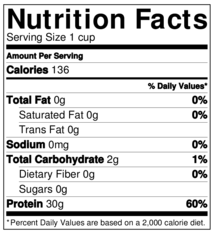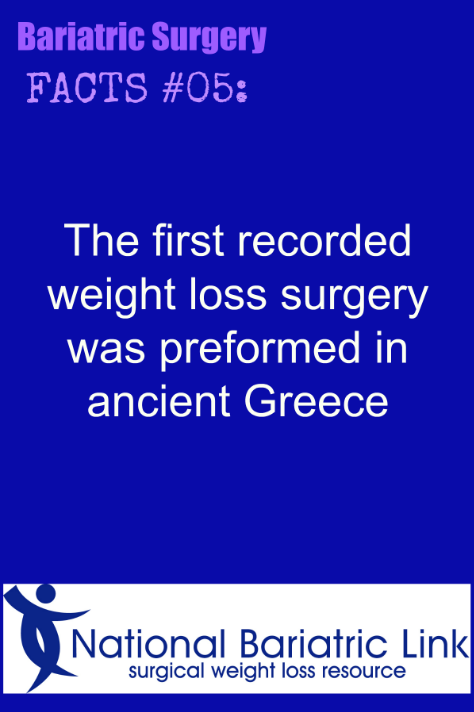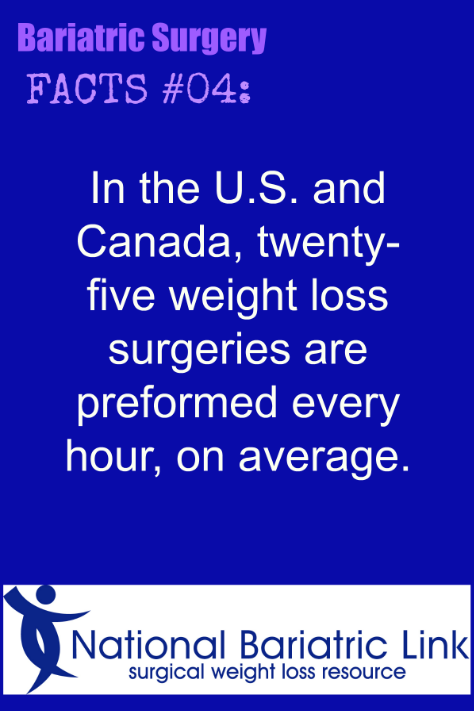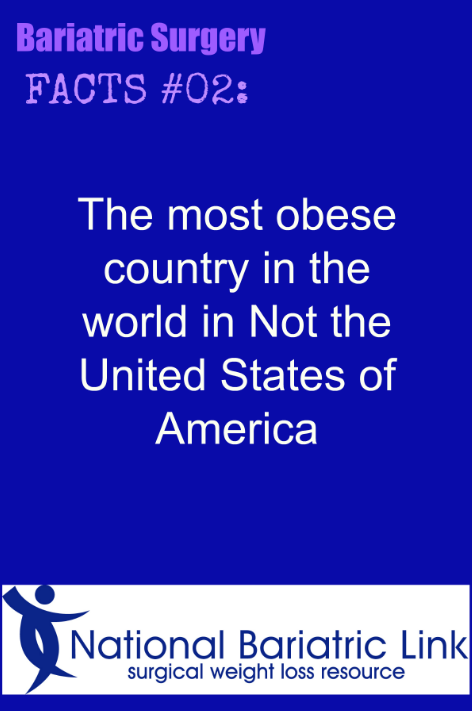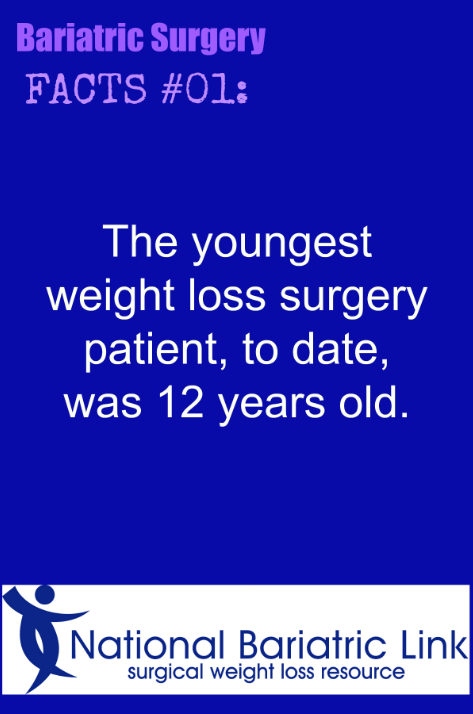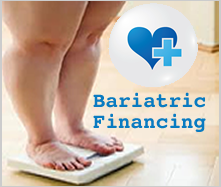Whether you are trying to lose weight before or after your weight loss surgery, you have probably been researching the facts and looking for new and innovative ways to improve your health and look great. There are many websites across the internet touting new breakthroughs and innovative research for those seeking weight loss but how do you know which are reporting facts and which are posting only myths.
It can be hard to tell whether the newest weight loss facts are fact or fiction. How do you recognize the truth when there are so many myths being published and shared? Of course, research is the only way to know and understand weight loss. Here are some of the most common weight loss myths that people believe as truth today.

Myth #1 – You Have To Start Exercising Like Crazy to Lose Weight.
When people start focusing on losing weight, they often start exercising like crazy in order to shed those extra pounds. Sadly, the reason most people fail to maintain the weight loss they worked so hard for is due to binge exercise sessions that are discarded once they reach their ideal weight.
Ideally, it is best to aim for making small, healthy lifestyle choices that are achievable and sticking to those goals. One fact about weight loss is constant. Calorie counting is key to losing weight and shedding pounds. Exercising helps build stamina and speed your metabolism but nothing keeps the weight off like lifestyle changes and new eating habits.
Myth #2 – Healthy Foods Are More Expensive than Other Choices.
It is true that most of the time, consumers pay a higher price for items that have been branded as healthy or all-natural. It can be aggravating to shop for groceries, only to find that items containing less actually cost more. With some dedication and attention to detail, you can make smart diet choices on a limited grocery budget.
Aside from investing in budget-smart choices such as beans, rice and base foods, you could also look at your local community for fresh organic offerings. Farmers markets can be found all across America, supporting local farmers while offering better choices for those seeking weight loss.
Myth #3 – Starving Yourself is an Acceptable Form of Dieting.
When it comes to losing weight, many people tend to starve themselves rather than actually change their dietary habits. Binge fasting usually leads to a cycle of starving your body and then regaining the weight, sometimes with extra pounds added on. Unfortunately, this is one of the worst things to do as during fasting, your body will actually ‘hang on’ to unneeded nutrients and calories for fear of starving.
By implementing smaller, healthy lifestyle changes, you will find that the weight starts to come off, leading to a smaller body and healthier you. Unlike starvation which teaches your body nothing, changing your diet will help you take off the pounds and control your weight for life.
Myth #4 – You Have To Stop Snacking to Lose Weight.
Many people believe that if they truly want to lose weight, they must completely stop snacking. The problem is not actually the snacking, but rather whats is chosen to snack on and the time of day in which the craving is satisfied. Snacking between meals can be an excellent way to speed up your body’s metabolism when done properly. After weight loss surgery, your Bariatric doctor or nutritionist may advise you to eat five or six small meals daily rather than three larger ones.
When you snack, fight the urge to eat potato chips, sugary sweet cookies and cakes or soda pop, reaching instead for fresh carrots, nonfat yogurt and nuts or healthy low salt trail mixes. Replacing your snacks with fruits and veggies will boost your body’s metabolism, promote better digestion and help burn excess fat quickly. The time of day in which you eat is also important, as it is important to avoid eating after seven p.m. when the body’s digestion process occurs at a much slower rate.
Myth #5 – Water Makes You Lose Weight.
While this is true in a round about way, the truth is simple. Water alone does not actually make you lose weight. Water keep your body hydrated (which is an essential part of weight loss) and prevents you from feeling the urge to snack, and is also required for a healthy digestive tract. Whenever your body is dehydrated, you can often mistake that feeling for hunger which leads to unhealthy snacking and consequential weight gain.
Every day, you hear new stories, fact and fiction, regarding all of the latest weight loss claims, methods and breakthroughs guaranteeing to deliver a “new you”. Anytime you hear these stories, it is always best to double check your facts and see what the experts are saying. If you undergo or have already had weight loss surgery, it is best to discuss any questions or concerns with your Bariatric doctor so you can realize your goal weight quickly and effectively.
About Christine Stewart


